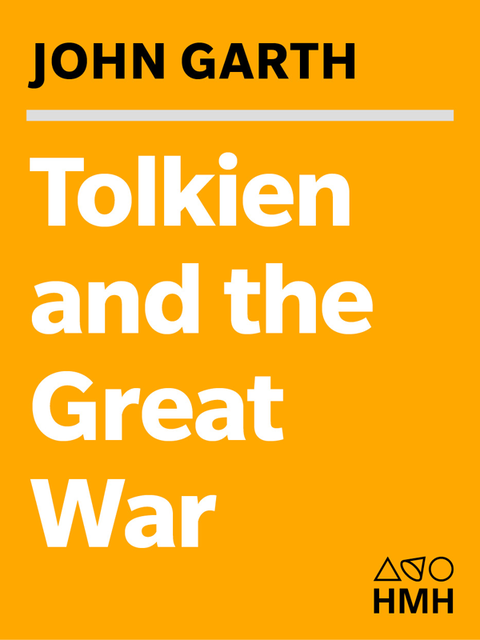
en
Lees in onze apps:
iOS
·Android
Tolkien and the Great War: The Threshold of Middle-earth
Dit boek is momenteel niet beschikbaar
495 afgedrukte pagina’s
- Oorspronkelijke uitgave
- 2013
- Jaar van uitgave
- 2013
- Uitgeverij
- Houghton Mifflin Harcourt
Citaten
- Jennifer Leonoraciteerde uit6 jaar geledenBut high diction, which sets Tolkien so far apart from the classic trench writers, expresses perfectly a psychological truth of war they tend to neglect. In all its enormity and strangeness, combat could induce what Carrington calls the ‘exaltation of battle…an elevated state of mind which a doctor might have defined as neurosis’; he says he was ‘uplifted in spirit’.
- Jennifer Leonoraciteerde uit6 jaar geledenThe more they differ from the dragons of mythology, however, the more these monsters resemble the tanks of the Somme. One wartime diarist noted with amusement how the newspapers compared these new armoured vehicles with ‘the icthyosaurus, jabberwocks, mastodons, Leviathans, boojums, snarks, and other antediluvian and mythical monsters’.
- Jennifer Leonoraciteerde uit6 jaar geledenTolkien later insisted there was no parallel between the Goblins he had invented and the Germans he had fought, declaring, ‘I’ve never had those sort of feelings about the Germans. I’m very anti that kind of thing.’
fb2epub
Sleep je bestanden hiernaartoe
(maximaal 5 per keer)

